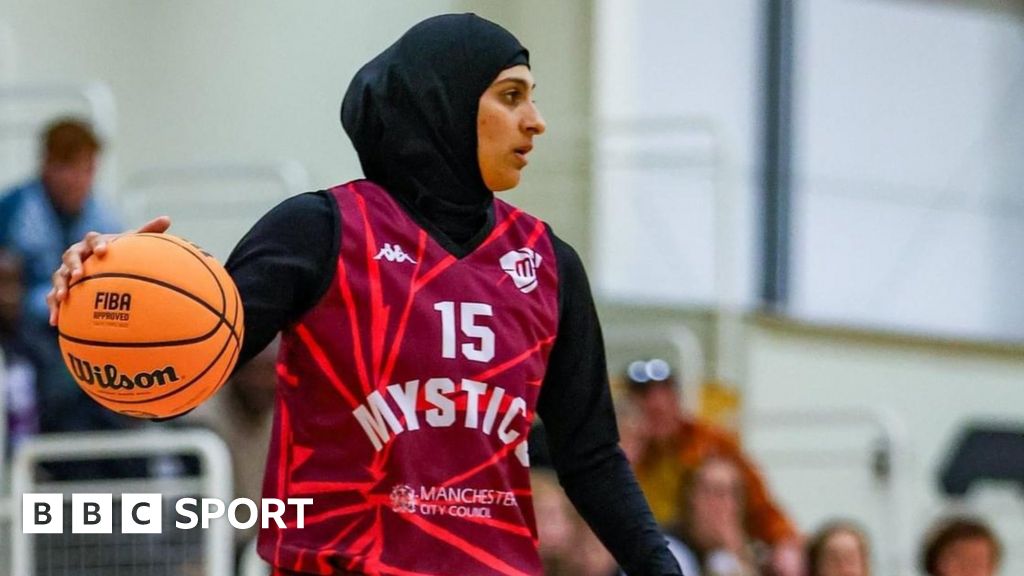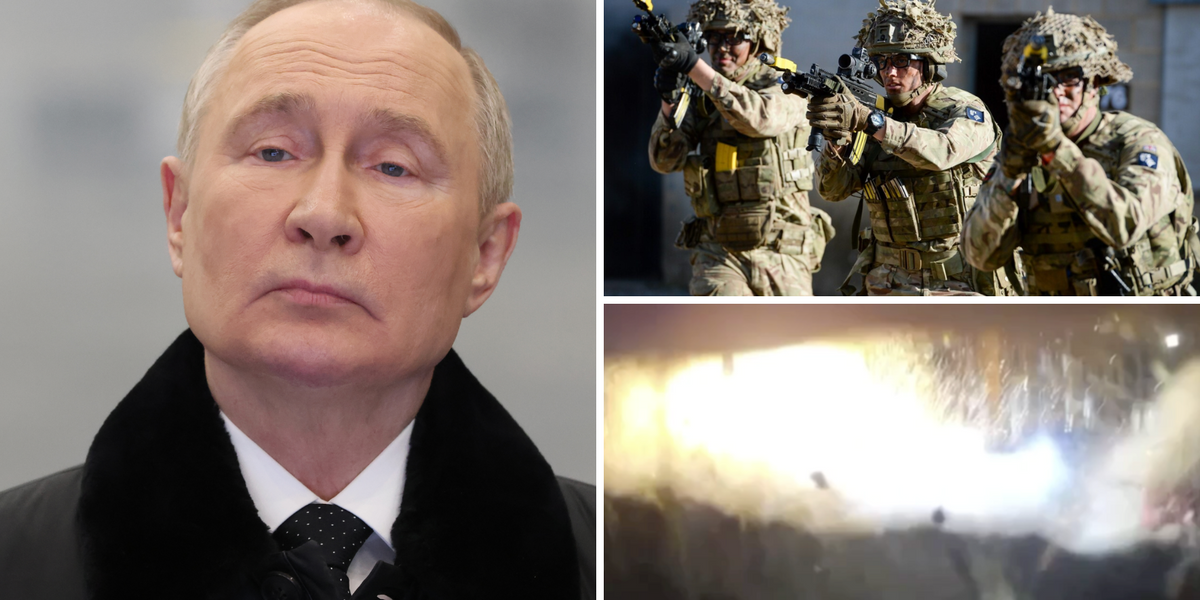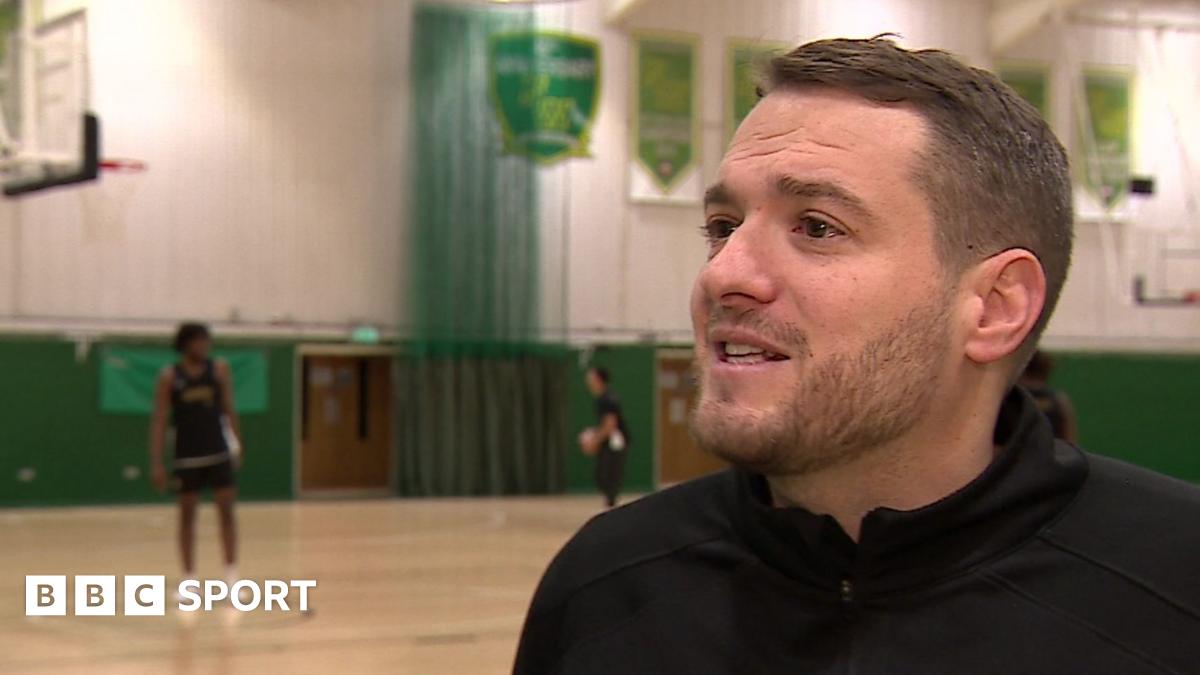Basketball
Rehana Khalil: The GB basketball player who wears a hijab

“Some people don’t see it as right that if you’re a Muslim woman, you’re running around and playing sports in front of people.”
Rehana Khalil is the only athlete to have represented a Great Britain basketball team while wearing a hijab.
“If I think of basketball in England, there isn’t anybody else that I’ve seen who’s from a South Asian background, is Pakistani, is Muslim and wears a hijab,” she says.
Khalil plays and coaches in Manchester.
She takes charge of the under-12s programme for Manchester Mystics and plays for their senior team in the Women’s National Basketball League Division 1 – the second-highest level of competition in England.
This season she has picked up the league’s player of the week honour, featured in team of the week four times and has been selected to be an all-star.
The 38-year-old has played for Great Britain’s over-35s team for the past three years and will represent them this summer at the European Championship in Italy.
“I think I stand out because I don’t know any other female, Asian, Muslim basketball coaches or players, especially within Manchester,” Khalil says.
But her path through the sport has come with its own challenges.
“There was a time where within basketball, you weren’t allowed to wear a hijab and that obviously changed.”
At the beginning of her career, she did not wear a hijab.
Starting at the Mystics at under-16 level, Khalil represented Great Britain under-20s at the 2006 European Championship.
In the early 2010s she changed her priorities and took a hiatus from her basketball career, and it was during this time that she made the decision to wear a hijab.
“I didn’t cover at first but then I thought – I’m going to take a break, if I’m going to go back and play I want to [wear a hijab] – and at that time the ban was still in place.”
The International Basketball Federation (FIBA) had a ban on headgear, meaning athletes could not participate while wearing religious headwear such as hijabs, turbans and yarmulkes.
Khalil explains: “I remember that was a deterrent. I thought, well I can’t play basketball.”
In 2017 FIBA lifted the ban, meaning players did not have to decide between faith and sport.
“People just want to be able to participate comfortably. I potentially would have come back earlier if that rule wasn’t in place.”
Clothing is just one of the many barriers Muslim women may face when looking to participate in a sport.
“There are many factors that come into play when someone’s wanting to be involved in sport – culture, religion, how you’re perceived by others, how you will be perceived by the community.”
Another hurdle that she sometimes faces is when shaking hands at the end of a game, as one of her religious practices is to avoid physical contact with males.
“I do have to say to the officials that I don’t do contact with males, and some of them kind of look at me funny, but they just don’t understand it.
“I have to explain that it’s because of religious reasons.”
Khalil is helping to educate the basketball community on different religious practices.
Recently, she received Basketball England’s Inspiring Female of the Year award for the north west region.
Joe Forber, Manchester Mystics co-founder and former Sports Personality of the Year Unsung Hero award-winner, described Khalil as a “role model”.
“She is an example to people. Somebody that you can look up to, a role model, always teaches you things the right way and the award couldn’t go to a better person.”









